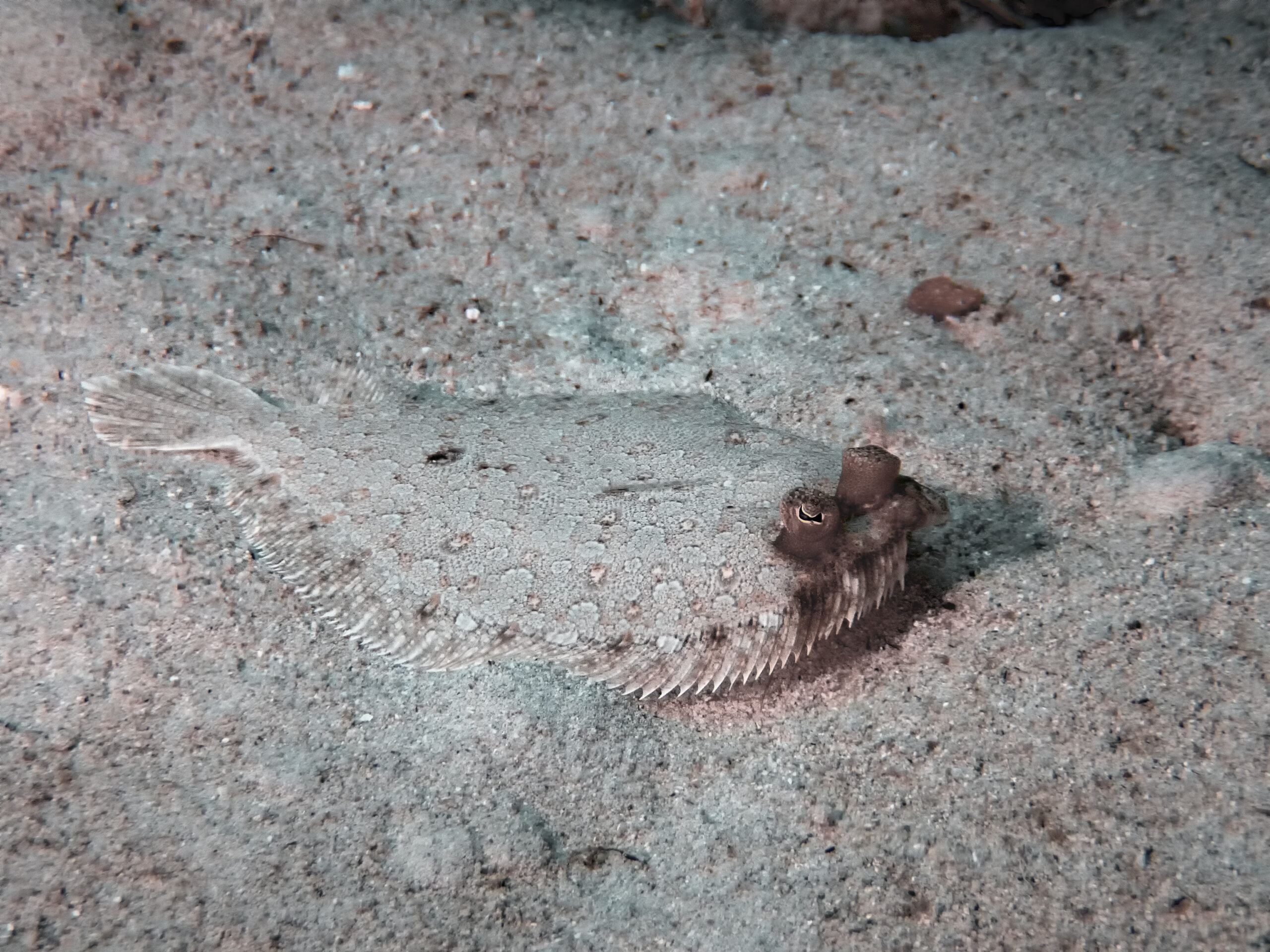Deep sea mining great risk to marine life: Dutch research

Research by the Dutch Royal Institute for Marine Research NIOZ has shown mining the ocean floor for vital minerals may be disrupt marine life to a much greater extent than previously thought.
According to the International Energy Agency, demand for metals and minerals, which are used in electric cars and smartphones, is estimated to grow by 70% in the coming years.
Mining companies are particularly interested in manganese nodules, rocks that are millions of years old and packed with valuable minerals such as cobalt, copper, and nickel.
However, mining the truffle-like nodules, which can be found in parts of the Pacific Ocean at a depth of 4.5 kilometres, would harm biodiversity more than expected, NIOZ researcher Coral Diaz-Recio Lorenzo has shown.
“Manganese nodules are porous and are home to 15 and sometimes up to 200 species. Eggs have been found in the nodules which points to them being used for procreation,” marine biologist Sabine Gollner told broadcaster NOS.
The nodules grow by millimetres per million years, Gollner said, which means harvesting them will have an impact for millions of years to come. “This research – again – shows that we should be extremely careful before allowing commercial deep-sea mining for minerals that are found in these habitats,” Gollner said.
Environmental organisations have already warned that the way the nodules would have to be mined – by using powerful machines to suck them to the surface – will create havoc with all kinds of life in the ocean.
A spokesman for Dutch offshore mining company Allseas, one of the companies which wants to start mining for manganese nodules, told NOS every mining activity affects the environment, whether on land or on the ocean floor. “We are convinced the environmental impact of harvesting the nodules will be less than mining on land,” he said.
However, Gollner says the claim cannot be substantiated as there are no studies comparing the two.
The valuable nodules are often to be found in international waters, which makes this a complicated issue, Gollner said. Much will depend on watchdog Council of the International Seabed Authority (ISA) which has pushed back the regulation deadline for deep sea mining to 2025.
Norway is the first country to allow an investigation into the possibilities of commercial mining at the North Pole and others are contemplating doing so.
Thank you for donating to DutchNews.nl.
We could not provide the Dutch News service, and keep it free of charge, without the generous support of our readers. Your donations allow us to report on issues you tell us matter, and provide you with a summary of the most important Dutch news each day.
Make a donation